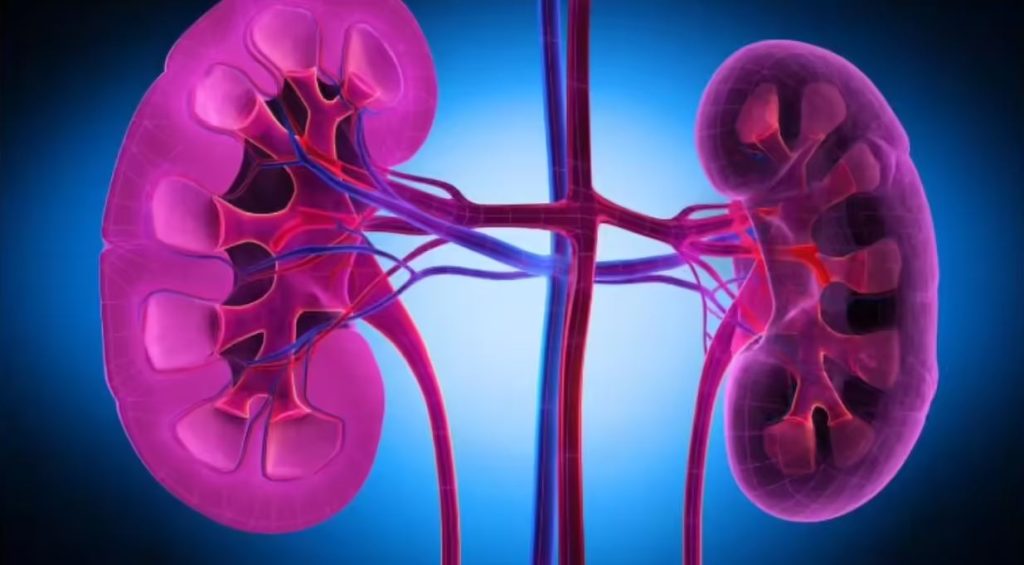Kidney cancer, often called the “silent disease,” is one of the top ten most common cancers worldwide. Despite its prevalence, most patients remain unaware they have it until the disease has progressed. Experts warn that its symptoms can be subtle, vague, and easily ignored, which is why early awareness is critical.
Why It’s Often Missed
Studies show that around four out of five kidney cancer cases are discovered by accident, usually during scans for unrelated issues. More than half of patients receive their diagnosis after undergoing tests for other conditions. This delayed detection is one of the main reasons outcomes are often poor when treatment finally begins. Healthcare professionals emphasize that because kidney cancer does not always present with strong or obvious warning signs, people tend to dismiss small changes in their bodies, assuming they are caused by minor ailments.

The Most Concerning Symptom: Blood in Urine
One of the clearest early warning signs is blood in the urine. This may appear in different forms, from obvious deep red or brown discoloration to faint pink streaks, tiny flecks, or even traces only visible at the end of urination. It might occur just once and without pain, leading many to dismiss it as unimportant. However, medical specialists stress that any presence of blood in urine should never be ignored. While it could point to something less serious, such as kidney stones or an infection, it can also indicate kidney cancer. Acting quickly in response to this symptom is vital for early detection.
Other Key Symptoms
Aside from blood in the urine, kidney cancer can manifest in a variety of subtle ways. These include:
- A persistent dull ache or pain in the back or side.
- Unexplained weight loss that occurs suddenly.
- Ongoing fatigue or lack of energy.
- Recurrent urinary tract infections that fail to resolve fully.
- Loss of appetite and unintentional decline in overall health.
- High temperatures or night sweats without clear cause.
The challenge is that these symptoms are common in other, less serious conditions. This makes it difficult for individuals and sometimes even doctors to immediately recognize them as red flags.
The Role of Repeated Infections
While urinary tract infections are generally harmless and common, repeated or chronic infections may mask something more serious. In rare cases, persistent infections can be linked to underlying kidney problems, including cancer. Medical professionals advise that patients experiencing recurring UTIs should be examined carefully to rule out deeper issues.

Why Early Detection Matters
When kidney cancer is caught in its early stages, treatment can be significantly more effective. Surgery and targeted therapies often have a much better chance of success if the disease has not spread beyond the kidney. Delayed diagnosis, however, limits treatment options and increases the risk of the cancer advancing to life-threatening stages.
Final Advice
Healthcare experts stress the importance of listening to your body and taking even small changes seriously. Dismissing unusual symptoms may allow a serious illness to progress undetected. If you notice blood in your urine, persistent back pain, unexplained fatigue, or recurrent infections, it is always best to get checked by a professional. Trusting your instincts, seeking medical advice early, and not ignoring warning signs can make all the difference. Early diagnosis saves lives — and with kidney cancer, acting quickly is essential.

















